Salmonella is a food borne bacteria that can cause food poisoning. Often times, it is found in poultry products including eggs. Here are some Food Safety Tips to avoid food borne illness, particularly salmonella, with eggs.
 Food Safety and Eggs
Food Safety and Eggs
Eggs can be tricky – do I buy farm fresh? do I refrigerate? pasteurized? Don’t worry Texas A&M AgriLife Extensions Dinner Tonight and Path to the Plate programs are here to help.
From purchasing to storing, eggs can be confusing. With a little bit of information, we will help you decide on how to make the best choice that fits your family.
Eggs are nutrient dense, but they also provide opportunity for food borne illnesses, such as salmonella. Be sure to take apply some of these tips to avoid food poisoning:
- Discard Cracked Eggs | Cracked eggs are more susceptible to attracting bacteria and allowing bacteria to grow. Avoid purchasing a carton of eggs that already has a cracked egg or discard it.
- Refrigerate at 40*F or Below | Store your eggs in the original carton at 40*F or below. Use them within 3 weeks of purchasing to ensure they are at their best quality. If you decide to freeze your eggs, use this infographic to help you on storage timeframes.
- Cook Eggs to 160*F | Cooked egg whites and yolk should be firm.
- Recipes with Raw Eggs Should be Kept at 40*F or Below | Dressings, hollandaise sauces, and other recipes with raw eggs in them should never reach room temperature. It’s important to keep these recipes at 40*F or cooler to avoid bacteria growth.
To learn more about food safety and eggs here’s “What You Need to Know About Egg Safety.”
Path to the Plate does a great job on explaining labels and terms:
“100% or All-Natural” – This means nothing was added to the egg (coloring, flavoring) and it does NOT indicate how the chicken was raised.
“USDA Organic” – Certified organic eggs are from uncaged hens that have free range of their houses and access to outdoor spaces. They are also fed an organic diet.
“Vitamin Enhanced” – Hens are given a special diet that helps them produce eggs with a higher vitamin content (e.g. Vitamin E).
“Omega-3 Enriched” – Hens are fed a diet that includes flaxseed, algae or fish oils to increase the Omega-3 fatty acid content of the eggs.
“No Antibiotics” – Hens are raised without any antibiotics of any type.
“No added Hormones” – NO eggs have added hormones (regardless of what the package says) because the use of hormones is NOT allowed in hog or poultry production. If you see “No added hormones” on a package, it must be followed by the statement: “Federal regulations prohibit the use of hormones”.
“Free-range” – Hens are cage free with continuous access to the outdoors during their laying cycle.
“Cage-free” – Hens are raised in an enclosed structure with unlimited access to food and water. They are NOT required to have access to the outdoors.
To learn more about Food Labels among other products, go to Path to the Plate’s Food Labels.
Sources:
https://www.fda.gov/food/buy-store-serve-safe-food/what-you-need-know-about-egg-safety

